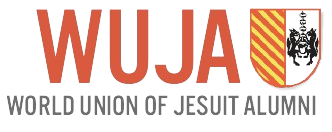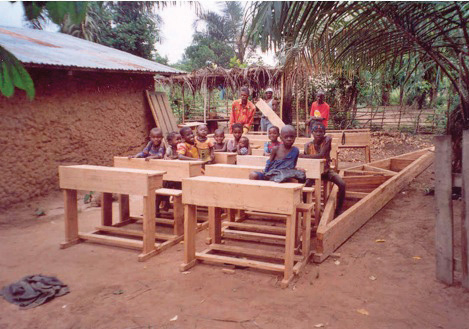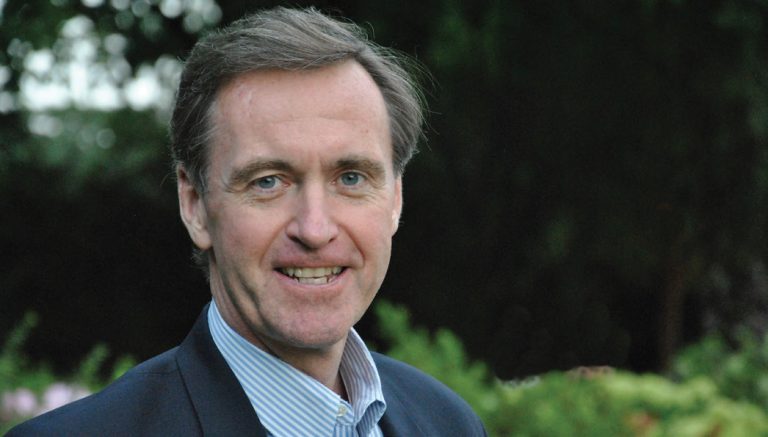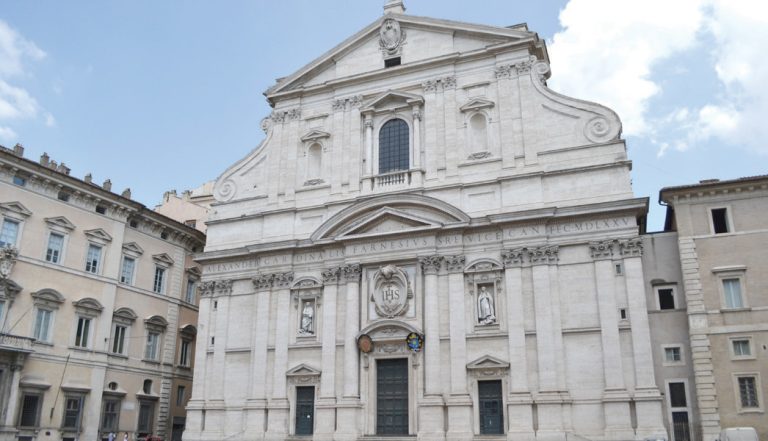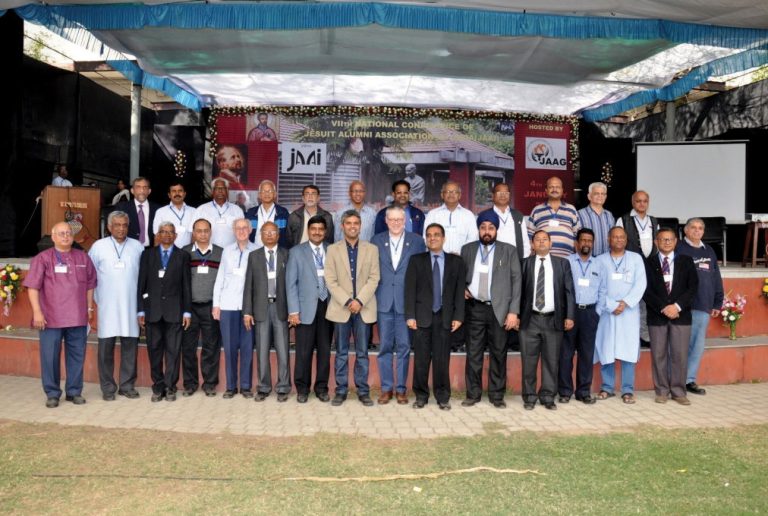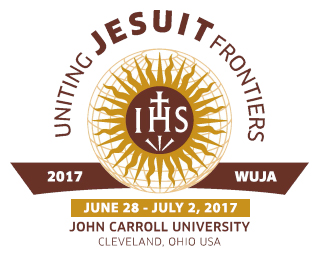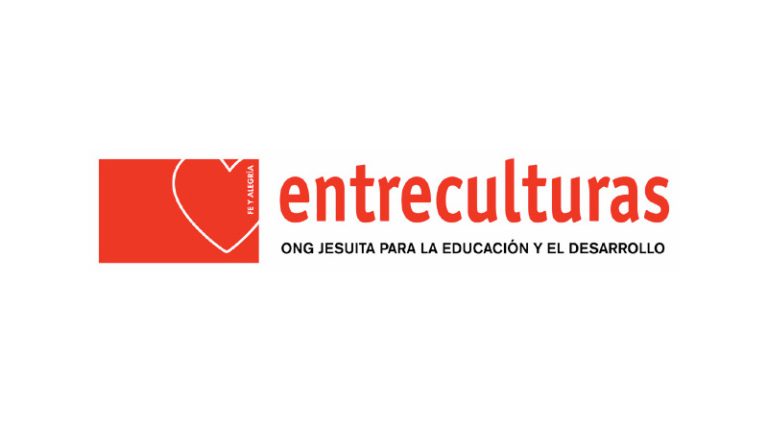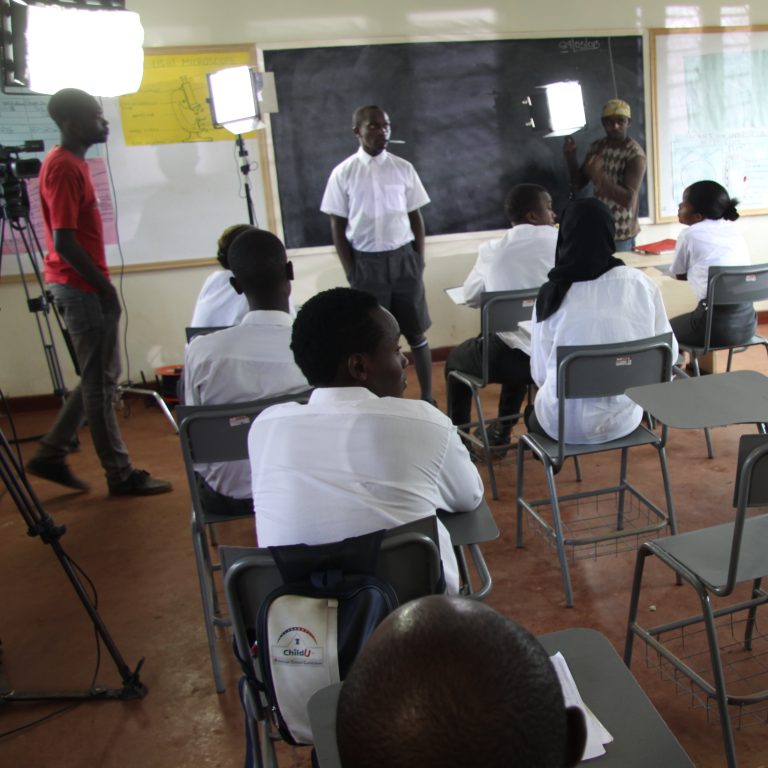In the « Europe of the handshake » The Fraternité Stanislas Kostka
Fraternité Stanislas Kostka (FSK) originated in Belgium, in Angleur (Liège) in July 1991, eighteen months after the fall of the «European wall »’. Its original purpose? To bring help, during the war in the Balkans, to the victims of the breakup of the former Yugoslavia.
Former students of several colleges in South-Belgium remember the operation « A roof for you » which mobilized them. The result? Twenty-eight roofs rebuilt at Gruda, a village in the extreme south of Croatia burned out in 1992, the despatch of electric appliances to the most affected families (washing machines, cookers etc.), the development of a cooperative equipped with twelve agricultural machines and in a more tangible manner, three construction sites to rebuild houses on which thirty young Belgians from our colleges and universities took part during their summer holidays.
Relationships forged during this time continue today between Gruda and the FSK. For those who participated on the building sites as for the inhabitants of this village who welcomed them, the myth of the integration of different European mindsets became a reality.
But during this time at the beginning of the ‘90s, another project took effect: the establishment of scholarships to enable young people from Central and Eastern Europe to participate in secondary education in Belgium. Belgian families attracted by the project offered accommodation in their homes for the first students while the teachers and staff of our institutions helped develop the curriculum. Twenty years later, the assessment of the activities of the FSK confirms that the original intention has been met.
After centuries of conflict and rifts, the initiative and courage of some European States has had a catalytic effect that has ended the European barrier just as symbolically as it has been dramatic: the wall fell last November 9, 1989! This «victory over division» presupposed that it would be sustained by a rapid mobilization of positive forces regardless of their origins. J.F. Kennedy’s famous words at his inauguration on January 20, 1961 came to mind in the memory of the new Europeans that we were going to become: «do not ask what the State can do for you, but rather what you can do for the State. »
At the FSK, the question arose as a challenge: « as a private person, voluntary group, industrial company or secondary school, we have to do something but what? »
In a Europe, firmly rooted in the Christian culture, the FSK intended to serve the cause of solidarity by opening up to all men of goodwill in accordance with their beliefs.
The leitmotif « Europe of the handshake » was quickly chosen. In October 1991 we had no material resources, just a project in line with two personal dimensions, – heart and mind -, that our masters had entrusted to us: the FSK would try to make its participation through «‘academic training» and «concrete aid in the lands of poverty».
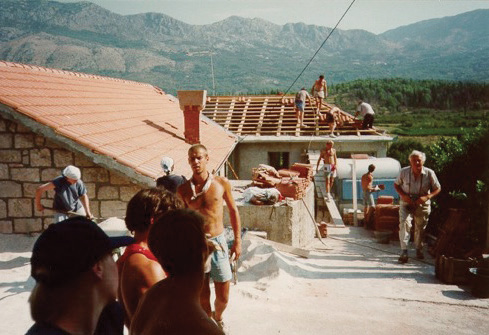
High School
For the Eastern-European youth, the FSK proposed secondary and higher education training in Belgium. They could thus become the trainers of new generations, the founders of new businesses, the engines of economic recovery, the providers of jobs and thus the indispensable social actors in the development of their countries just as all of Europe from the Atlantic to the Urals is in need of.
The FSK program was notably discussed at two Congresses of Associations of former students of the Jesuits: Brussels in 1993 and Malta in November 2001. The Ignatian tradition, very much alive in our alumni/ae associations, would in future be the base of the multiplier effect of the results, for the benefit, can we hope, of a Europe that seeks new leaders to develop it along social, spiritual, and professional lines.
A project, therefore, which envisaged a partnership with the citizens of a Central Europe freed of the constraints of a half century to work together for the «training of men and women for others» and to promote cultural exchanges between future leaders of the countries concerned with our schools and universities. The great asset of Colleges in the opening of attitudes to these new European stakes and the privileged role of the associations of former students in their mission in the service of man – «En Todo Amar y Servir» – were the basis for the development of the FSK and the hope to see a new type of European exchanges flourish; in this, it would be subscribing to the tradition of secondary and University training of the society of Jesus.
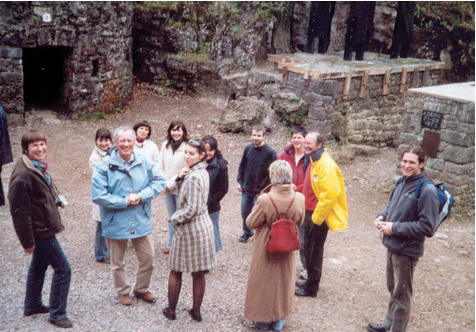
On the side of the students, the program obviously assumed not just the suitability of the candidates but also their commitment to the human and social goals of the fraternity. In effect it was for the volunteers to make the jump «into the unknown on the other side of the wall… » during the time of their studies in Belgium, committing to then re-integrate into their country. For them to testify by their professional and family lives the spirit of service and care which prevailed at their own welcome.
To ensure the best execution of the project, individuals who knew about the FSK were contacted in the seven countries of origin of the first candidates. These contacts are still active in Hungary (Budapest), Lithuania (Kaunas), Poland (Krakow), Romania (Constanta), and the Czech Republic (Milevsko). In Hungary, in particular, an active partnership was formed with the Akademia Ferenc Faludi, a project of the Society of Jesus in Budapest; it is with it and the Hungarian FSKists, who came to study in Belgium, that the selection of the Hungarian candidates for a scholarship has developed since 2006.
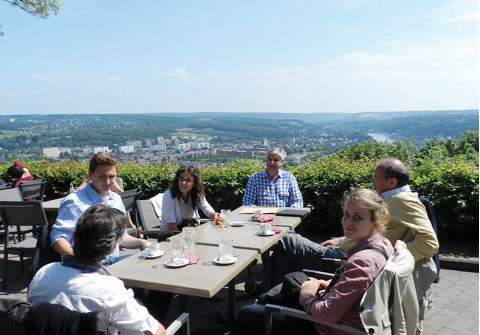
During these twenty years of the FSK, 60 students have benefited from a scholarship of one or more years; they total between them 87 years of training in Belgian secondary and higher education. They are divided up as follows: 40 in Hungary, 3 in Lithuania, 4 in Poland, 21 in Romania, 2 in Russia, 14 in the Czech Republic 2 in Ukraine and 1 intended for a family in Croatia affected by the Balkan conflict. These scholarships were funded by either private individuals or by voluntary groups, the majority being associations of former students of the Jesuits in the South Belgium Province, or by industrial firms.
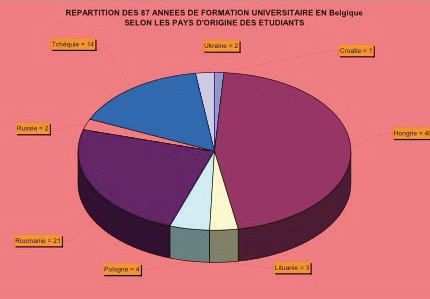
Concrete aid in lands of poverty and need
Alongside the reception of these students, the FSK developed a network of humanitarian assistance in «countries of poverty or of need». It took responsibility for one-off programmes whose execution was provided on-site by the Jesuits or alumni/ae of the colleges. In this too, it was helped by private individuals and mutual assistance actions provided by the students of our Colleges. This was, in particular, the case of the Belgian college St. Paul of Godinne where the students were aware of the dramatic realities of regions of the world deprived of all essentials.
If in 1996 – 1997, the FSK was able to include in its programme the enrolment of twenty-six orphans and poor children in Calcutta, the following year, it turned to Haiti where a lift to relieve the female work of quarrying was installed by an alumnus of the Gramme Institute of Liège, a vibrating table for the manufacture of concrete blocks as well as a press for oilseeds. In 1998-1999, six motorised rickshaw were provided to poor families of Bombay and Madras. In 1999-2000, a mutual action allowed the construction and provision of equipment for a local class in a school of Kikwit in the Congo. A year later, with the help of a Swiss charity, FSK was able to add to the list of its objectives a programme which will continue in Calcutta until 2003: access to health care for poor families, construction and restoration of family homes, development of school buildings, purchase of four new rickshaws and a sowing machine which will enable a family to provide for itself.
FSK also participated in two programs of school enrolment with specific social objectives: one at the Technical School of Adma in Lebanon for disabled children, the other at the Kibagabaga school in Rwanda to help children who are behind in education.
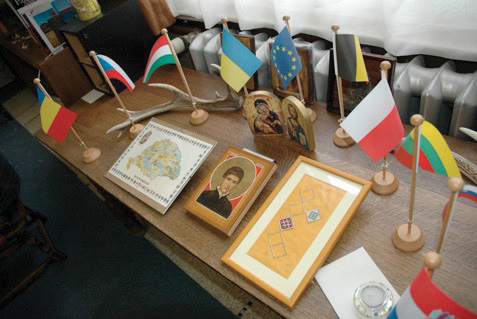
What should we conclude ?
Every year former participants return to the headquarters of the fraternity; as much as an opportunity to support the management in the social and relational dimension FSK established with « those from yesterday, becoming the management of tomorrow »… These Liège crossroads confirm that in this microcosm of eight different nationalities « Europe of the handshake » became a reality. An opportunity also to get an update of what has happened to the former participants: President and/or high school teachers, Assistants in Universities, French Literature Prize holder, Director of a Factory, Head of a mission in Africa, University Librarian, head of European programme in a Cabinet, telecommunications-engineer, Head of missions in the European Commission, Director of an IT company, Marketing Manager in an e-business, university researcher, etc… Without a doubt, these young people with growing responsibilities are a real part of «actors of social transformation» which the Jesuits and alumni feel the need to eliminate economic and social of our world. Can this adventure of solidarity to develop as a response to the challenges in our changing societies! Operator in marketing e-business, academic researcher, etc… Without any doubt, these young people with growing responsibilities are a real part of « the actors of social transformation » which the Society of Jesus and alumni feel the need of to eliminate the economic and social disparity of our world. Can this adventure of solidarity develop as a response to the challenges in our changing societies!
Give back to Caesar that which is Caesar’s…: If this program has materialized, even in the modest proportions discussed above, it is largely thanks to the encouragement, support and collaboration of alumni of Colleges and faculties of the Society of Jesus. The hope is also that at higher levels of responsibilities, those who preside over the destiny of our countries can help similar projects to take shape to help Europe to equip itself with a more social dimension.
Have we guessed why the initiators of the FSK chose Stanislas Kostka as the patron of their project? In 1567, the young Pole of seventeen, sent by his father to Vienna to study, fled from Austria because he wanted to become a priest in the Society of Jesus. From Vienna to Augsburg and from Augsburg to Rome he travelled on foot more than eighteen hundred kilometres. This European without fear or frontiers, isn’t he a good example for young people from everywhere criss-crossing our continent in order to build an interdependent and responsible Europe of which we have dreamed for so long?
